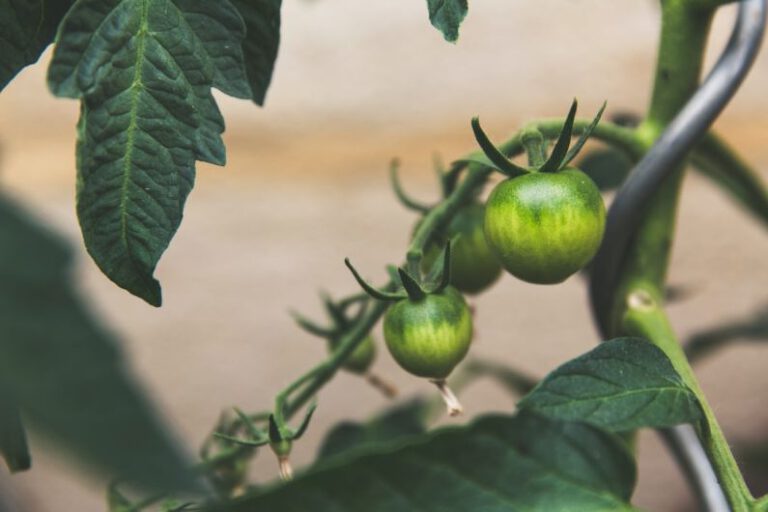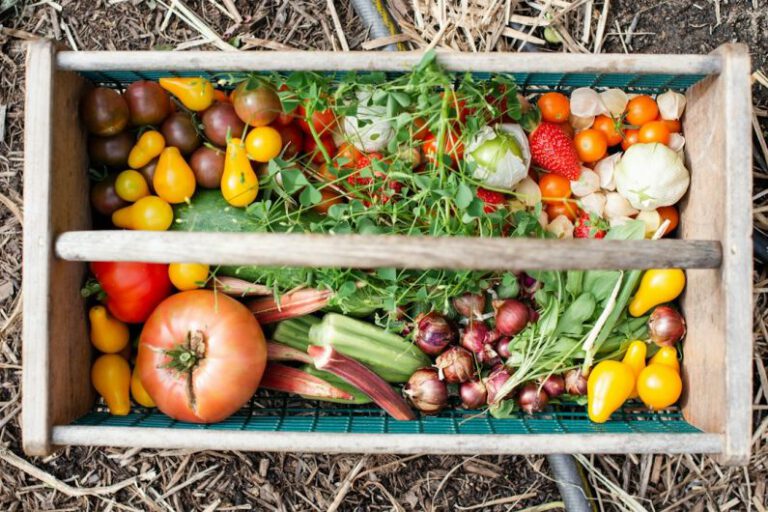How to Protect Your Garden from Pests Naturally?
Maintaining a healthy garden is a labor of love. Hours of hard work, tender care, and attention to detail go into the creation of a beautiful and flourishing garden. However, all too often, pesky pests can wreak havoc on your carefully cultivated plants. While chemical pesticides may seem like the obvious solution, they come with their own set of risks and drawbacks. Fortunately, there are several natural methods you can employ to protect your garden from pests without harming the environment or endangering beneficial insects.
Companion Planting: Nature’s Pest Control
Companion planting is an age-old technique that involves planting certain crops together to enhance growth and repel pests. By carefully selecting your plants, you can create a natural defense system against unwanted visitors. For example, planting marigolds alongside vegetables can help repel aphids, nematodes, and other harmful insects. Similarly, attracting beneficial insects such as ladybugs and lacewings can deter pests like aphids and caterpillars. By incorporating companion planting into your garden design, you can naturally maintain a healthy balance and reduce the need for chemical interventions.
Mulch: A Double-Duty Guardian
Mulching not only helps retain moisture and regulate soil temperature but also acts as a barrier against pests. Organic mulches, such as straw or wood chips, can effectively prevent weed growth while deterring certain pests. Slugs and snails, for example, struggle to navigate across coarse mulch, reducing their ability to damage your plants. Additionally, mulch provides a habitat for beneficial insects like ground beetles, which prey on garden pests. By utilizing mulch in your garden, you can simultaneously protect your plants and promote a thriving ecosystem.
Homemade Pest Repellents: A DIY Approach
Creating homemade pest repellents is an economical and eco-friendly alternative to store-bought chemical sprays. Many pests are deterred by strong scents and tastes, making natural repellents highly effective. For example, a mixture of garlic, onion, and hot pepper sprayed onto plants can discourage insects like aphids and caterpillars. Similarly, a solution of water and dish soap can suffocate soft-bodied pests like mites and whiteflies. By experimenting with different recipes and ingredients, you can find the perfect pest repellent that suits your garden’s needs.
Physical Barriers: Keeping Pests at Bay
Sometimes, the simplest solution is the most effective. Physical barriers can prevent pests from reaching your plants, effectively eliminating the need for chemical intervention. Installing netting or mesh around your garden can protect against birds, rabbits, and larger insects. Additionally, floating row covers can shield plants from pests while still allowing sunlight and water to reach them. By implementing physical barriers, you can create a fortress for your garden, keeping pests out and your plants safe.
Regular Monitoring and Maintenance: Stay One Step Ahead
Maintaining a healthy garden requires consistent monitoring and maintenance. Regularly inspecting your plants for signs of pest damage allows you to identify problems early on and take appropriate action. By removing any infested or diseased plants, you can prevent pests from spreading and causing further harm. Furthermore, practicing proper sanitation, such as cleaning up fallen leaves and debris, reduces the likelihood of pests finding a home in your garden. By staying vigilant and proactive, you can stay one step ahead of the pests and ensure the long-term health of your garden.
Conclusion: Embrace Nature’s Solutions
Protecting your garden from pests naturally is not only beneficial for the environment but also for the overall health of your plants. By embracing companion planting, mulching, homemade pest repellents, physical barriers, and regular maintenance, you can create a garden that thrives without the need for harmful chemicals. Remember, nature has already provided us with a multitude of solutions; we just need to tap into its wisdom and work with it. So, the next time pests threaten to invade your garden, try these natural methods and watch your garden flourish.






